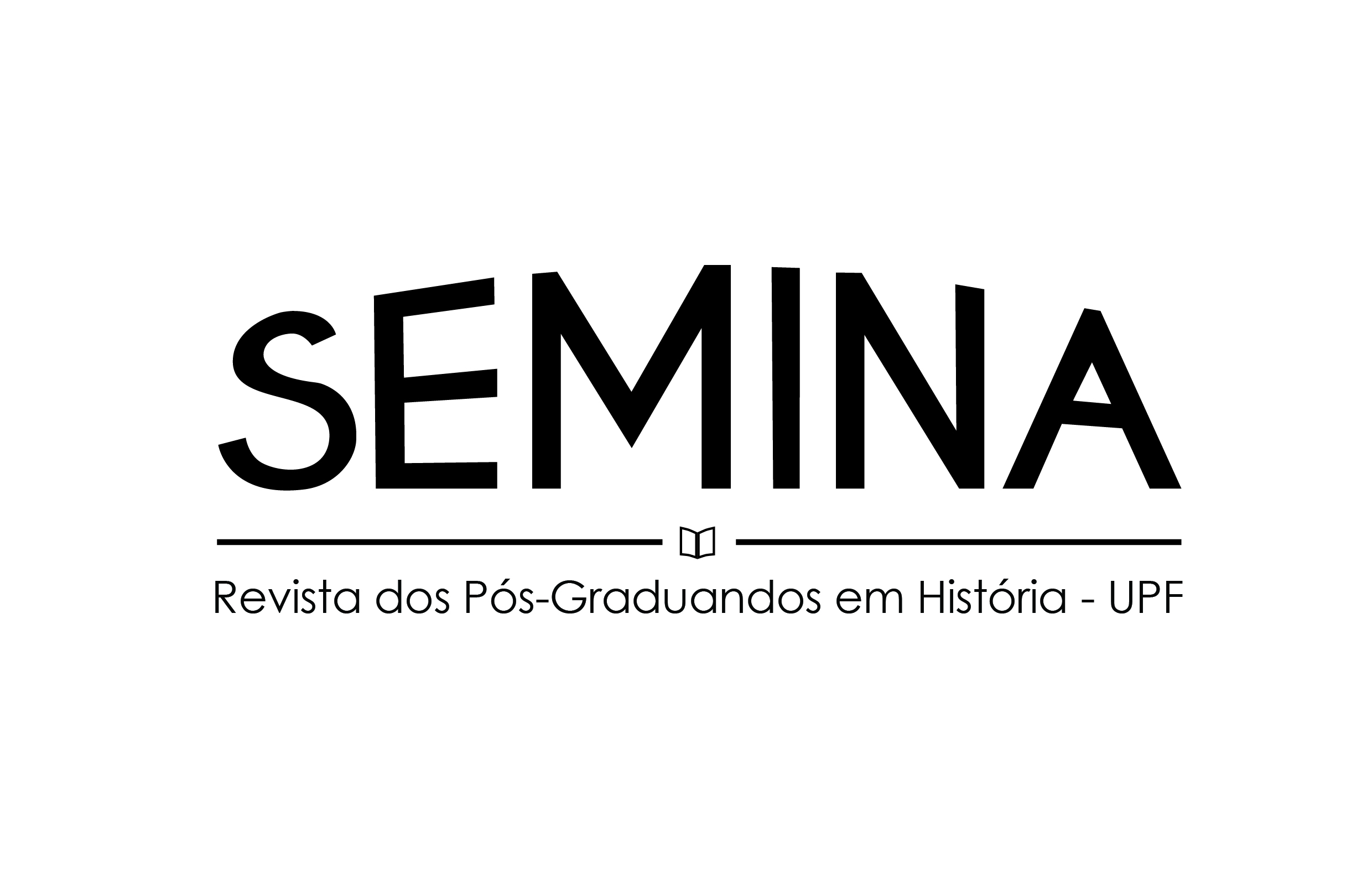Application of the capabilities theory in inclusive education:
nussbaum's perspective on diversity
DOI:
https://doi.org/10.5335/srph.v22i3.15184Keywords:
Company history; , directory; , Vision Group;, big companies; , Who is who.Abstract
The present study aims to connect inclusive education with the teachings of Martha Nussbaum (2020). Inclusive education is an educational model that seeks to ensure access, participation, and learning for all students, regardless of their differences. Nussbaum's Capabilities Theory, on the other hand, argues that education should develop people's capabilities so that they can lead a full and dignified life. The philosopher lists ten central capabilities that should be developed in all individuals, regardless of their social or cultural condition, such as the capacity for critical thinking, the capacity for social relationships, and the capacity for a healthy life. Inclusive education connects with the Capabilities Theory by promoting the holistic development of students, ensuring that they can develop all the capabilities that enable them to lead a full and meaningful life. The study used bibliographic methodology with literature review, as well as documentary methodology based on Brazilian jurisprudence and regulations, to demonstrate the importance of providing inclusive education for human development, both for students with disabilities and for others.
Downloads
Downloads
Published
Issue
Section
License
Autores que publicam nesta revista concordam com os seguintes termos:
- Autores mantêm os direitos autorais e concedem à revista o direito de primeira publicação, com o trabalho simultaneamente licenciado sob a Licença Creative Commons Atribuição 4.0 Internacional – CC-BY que permitindo o compartilhamento do trabalho com reconhecimento da autoria do trabalho e publicação inicial nesta revista.
- Autores têm autorização para assumir contratos adicionais separadamente, para distribuição não-exclusiva da versão do trabalho publicada nesta revista (ex.: publicar em repositório institucional ou como capítulo de livro), com reconhecimento de autoria e publicação inicial nesta revista.
- Autores têm permissão e são estimulados a publicar e distribuir seu trabalho online (ex.: em repositórios institucionais ou na sua página pessoal), a qualquer ponto antes ou durante o processo editorial, já que isso pode gerar alterações produtivas, bem como aumentar o impacto e a citação do trabalho publicado, de acordo ainda com a democratização científica prevista pela Ciência Aberta.





